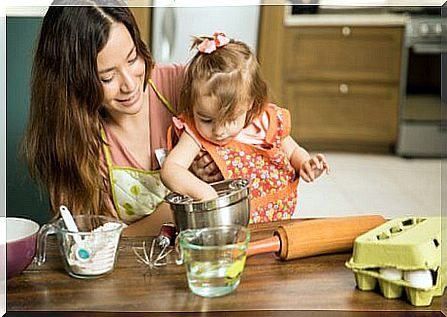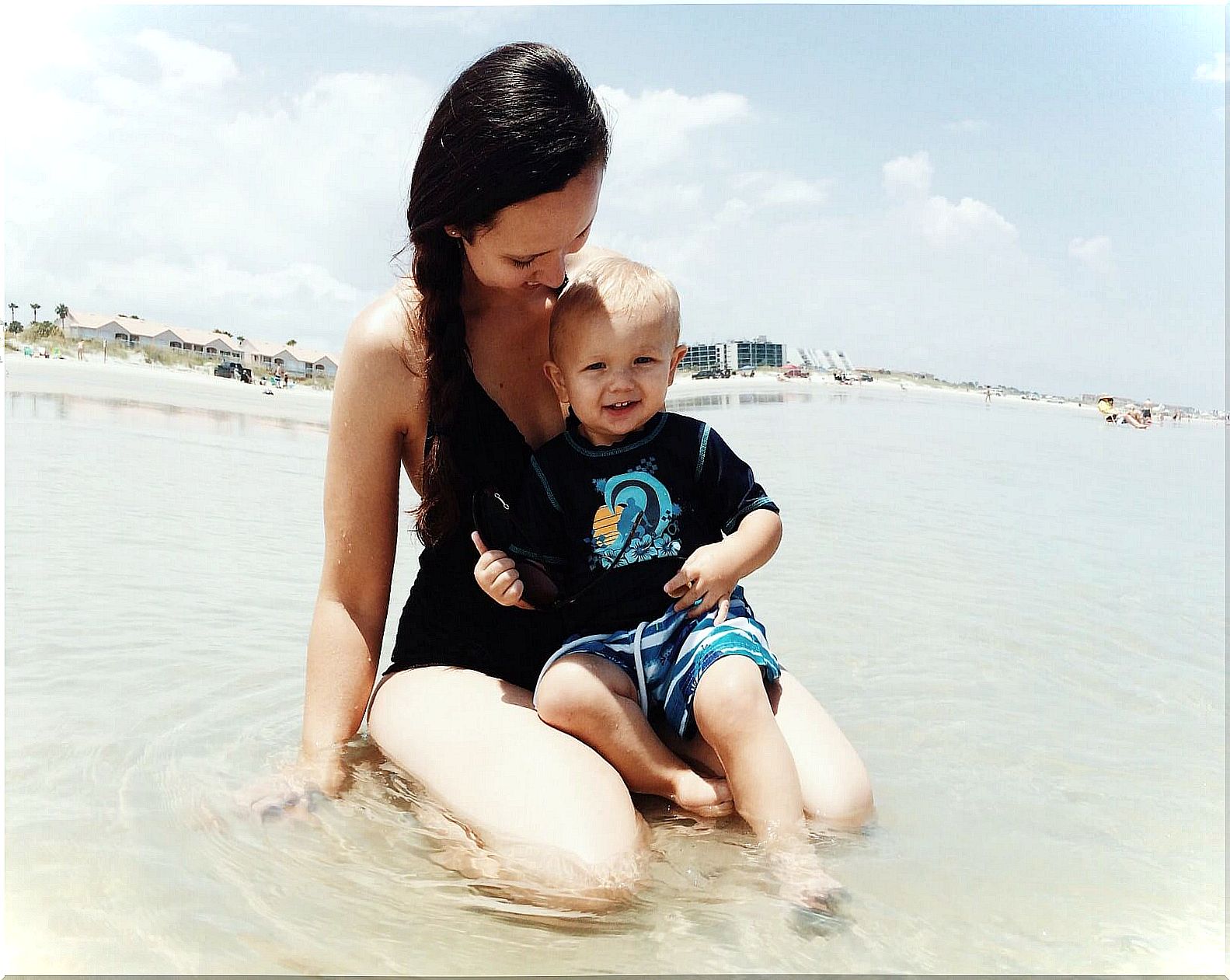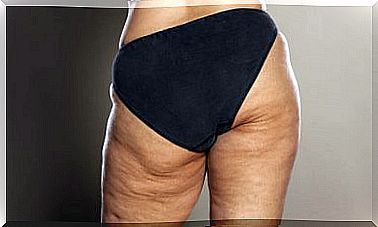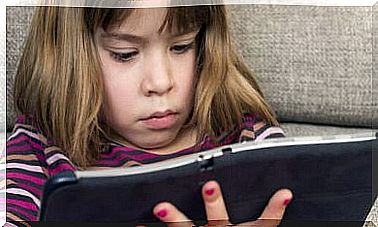Differences Between Single Mother And Single Parent Family

It is very common for people to confuse being a single mother with being a single parent family. But it is not the same, and this confusion can lead to many misunderstandings.
Under the law, a single mother is a woman who has children and has never been married, but it is not necessarily a single parent family. In contrast, a single parent family can be made up of a single, separated, divorced or widowed mother or father.
These are two different conditions. One has to do with a person’s marital status and the other with the type of family they have formed. But things are not always so clear cut, even on a legal level. Next, we will see some elements to better understand the differences between a single mother and a single parent family.
Marital status and type of family
The marital status of a person is a legal aspect that is regulated by the Ministry of Justice. With this, a person is:
- Single, when she has not had a marital bond.
- Married, when you have a marriage bond.
- Divorced or separated, when the marriage bond has been dissolved.
- Widow, when your spouse has passed away.

Regardless of marital status, there is the reality of families who live together daily. There are different types of families, depending on their composition:
- Traditional or nuclear, that formed by two parents and one or two children.
- Single parent, which is made up of a parent and one or more children.
- Large family, generally made up of two parents with three or more children.
What does the law say?
The law in Spain is somewhat ambiguous as far as single-parent family is concerned. Literally, a single parent family is one in which a minor is legally recognized only by one of his parents.
In this type of family, the minor has the surnames of only one parent and this is listed in the family book as the only parent. These are mainly cases of maternity by insemination or adoption alone.
According to this definition, separated or divorced parents who are entirely responsible for the care of a child are not considered single-parent families. Neither would widowed parents.
However, in practice, things are not that simple. In fact, some communities have broadened the concept and changed the requirements for a family to be considered single-parent and to benefit from the advantages to which they are entitled.
Single mother and single parent family
To highlight the different legal cases that can occur, let’s examine four types of situations. A woman can be single, because she has never been married, but live with her partner, with whom she has children in common. In this case, she would be considered a single mother but not a single-parent family, since she shares her life and the care of her children with a partner.
The second case is that of a woman who marries and then divorces, has the children in her charge and her sole custody. This woman is not considered a single mother, but divorced, and can be considered a single parent family. This consideration of the mother is due to the fact that she does not live as a couple. Although, in theory, there is a parent who assumes the corresponding responsibilities in relation to the children in common.

Within this type of situation there are a large number of variants, such as a father who does not comply with the payment of pensions or is not present in the care of his children.
A third situation is that of a woman who marries and her husband dies. She is not a single mother, since she is a widow, and she is not always considered a single-parent family because she receives the widow’s pension, which represents financial assistance. This will depend on the autonomous community in which you live and on other factors.
The last situation is that of a woman who does not marry and has one or more children who are not recognized by any parent in the civil registry. This circumstance can occur in an adoption or insemination, but there are also many cases in which the father simply did not want to do it. This woman is considered a single mother and single parent family.










